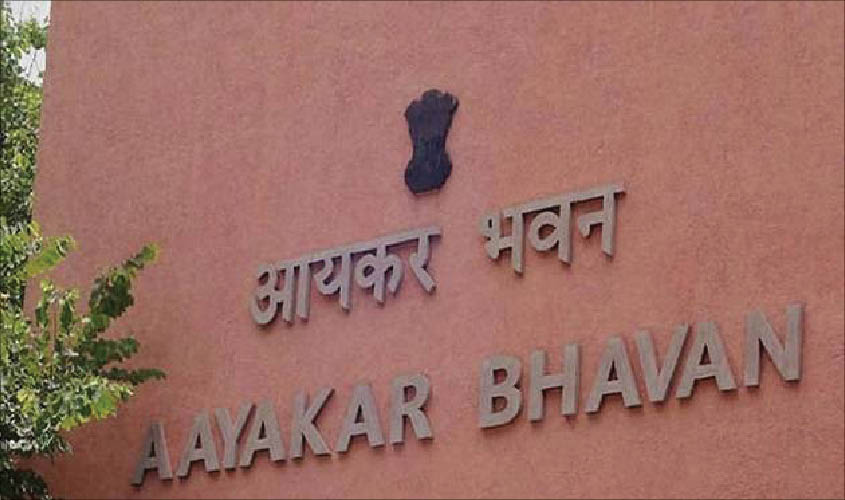New Delhi: Tax experts are unhappy with the new guidelines issued by the Central Board of Direct Taxes (CBDT) this week. The guidelines have made tax-evasion a non-compoundable offence. Under the new guidelines, a person/entrepreneur can be sent to jail for even forgetting to transfer TDS.
The CBDT, the policymaking body for the Income Tax (I-T) Department, has issued 32 pages of guidelines for “compounding of offences under direct tax laws, 2019” which will be executed under I-T Act, 1961.
“Compounding of offences is not a matter of right and the department can extend such a relief only in certain cases keeping in view factors like conduct of the person, the nature and magnitude of the offence in the context of the facts and circumstances of each case,” the new guidelines read.
Former Finance Minister P. Chidambaram has been criticising the move of criminalising tax-related matters and
has termed it as “tax terrorism”.
The new CBDT guidelines also suggest that serious offences under the Black Money (Undisclosed Foreign Income and Assets) and Imposition of Act, 2015, the Benami Transactions (Prohibition) Act, 1988 cannot be compounded. This includes indulgence in serious criminal cases of money laundering, terror financing, corruption, possession of benami properties and undisclosed foreign assets—the person involved in any of these matters can be sent to jail.
“Compounding” in I-T law means that the tax department does not file a prosecution case against the tax offender in the court in lieu of payment of due taxes and penalty. The matter of compounding is dealt with under Section 279(2).
On the condition of anonymity, a senior I-T official told The Sunday Guardian, “The Ministry of Finance is not going to give any breather to those who think that they can get away with tax evasion and money fraud. The current government is known for its stand on black money. So the guidelines should not be a shocker for people.”
However, expressing concern, Subodh Khanna, a chartered accountant and member of the Tax Guide Forum, said, “Criminalising an economic offence, especially in cases where direct tax is involved, will create a kind of inspector raj where tax officials can easily put individuals behind bars for even submitting miscalculations of his/her tax labiality.”
“Suppose a trader has 10 staff and he deducts TDS, but forgets to mention in his tax details, the I-T department, instead of compounding it, can send the trader to jail and that is a cause for worry. The guidelines have made it clear that tax officials will decide the prosecution process in tax evasion on a case-to-case basis, but this will give discretionary power to taxmen and will further lead to corruption. For seeking relief, the ‘criminal’ will try to bribe the tax official and the purpose will not be solved,” Khanna said.
Another expert, Saurav Chamaria, said, “The government at the Centre is desperately trying to make everything criminal. We have the Enforcement Directorate with prosecution power, we have the Central Bureau of Investigation with prosecution power, we have the Serious Fraud Investigation Office (SFIO) with prosecution power, now we have even I-T with prosecution power and all these agencies have jurisdiction over serious offences under the Black Money (Undisclosed Foreign Income and Assets) and Imposition of Act, 2015, the Benami Transactions (Prohibition) Act, and this is a worrying aspect.”
“Also, the provisions of the new CBDT guidelines state that the Finance Minister will be the sole authority to relax these guidelines in a ‘deserving case’ after obtaining a report from the CBDT. This will make the I-T office like a tool in the hands of the government,” Chamaria said.
It is to be noted that the CBDT is working on direct tax reforms and in this regard, a committee has been set up by the Ministry of Finance. The committee was set up last year and ever since has been getting extensions.

